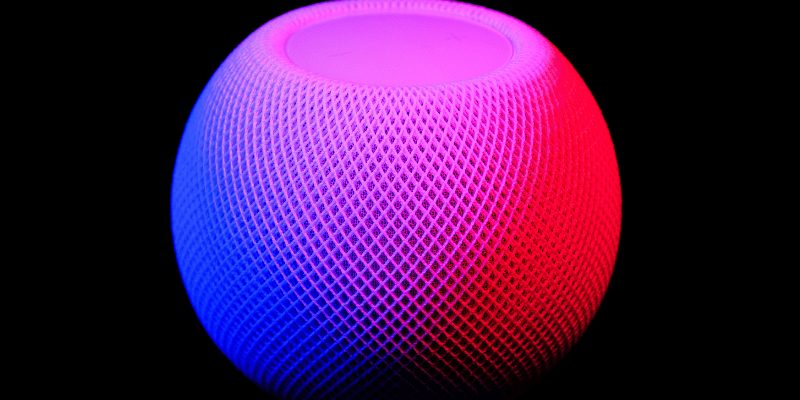In the fast-paced world of technology, the evolution of AI-powered assistants has been nothing short of remarkable. From humble beginnings with Siri, we’ve witnessed a rapid transformation that has changed the way we interact with our devices and access information. This article delves into the fascinating journey of AI-powered assistants, exploring their inception, growth, and the exciting possibilities that lie ahead.
Introduction
The Birth of AI-Powered Assistants
The story of AI-powered assistants began with Apple’s introduction of Siri in 2011. Siri, short for “Speech Interpretation and Recognition Interface,” was a groundbreaking innovation that allowed users to interact with their iPhones using natural language. This was a game-changer, as it marked the first time AI was seamlessly integrated into a consumer product, revolutionizing how we perform daily tasks.
Siri’s early capabilities were impressive, with the ability to answer questions, set reminders, send texts, and more. However, it was clear that this was just the beginning of what AI-powered assistants could achieve. As technology advanced, so did the capabilities of these virtual companions.
The Rise of Google Assistant
Google wasn’t far behind in the race to develop a robust AI assistant. In 2016, Google introduced Google Assistant, which quickly gained popularity due to its integration with Android devices and its deep ties to Google’s vast search engine. This AI assistant brought a new level of intelligence and context awareness, making it even more helpful in our daily lives.
Google Assistant leveraged machine learning and natural language processing to understand user intent and provide relevant responses. It could even have conversations with users, creating a more natural and intuitive interaction. This marked a significant milestone in the evolution of AI-powered assistants.
The Alexa Revolution
Amazon entered the scene with Alexa, its voice-controlled virtual assistant, in 2014. Alexa was primarily housed within the Echo smart speaker, but its capabilities extended far beyond simple voice commands. With the introduction of Skills and third-party integrations, Alexa became a versatile tool for home automation, entertainment, and more.
Alexa’s success lay in its openness to developers, allowing them to create voice-activated apps and services, known as Skills. This open ecosystem spurred innovation and led to Alexa becoming a household name. Today, you can use Alexa to control your smart home, order products online, or even play interactive games.
AI Assistants in Everyday Life
Over the years, AI-powered assistants have seamlessly integrated into our daily routines. They provide us with valuable information, help us manage our schedules, and even entertain us. These virtual companions have become an indispensable part of our lives, transforming how we interact with technology.
One of the most significant developments is the integration of AI assistants into smart homes. Users can control lights, thermostats, and security systems with a simple voice command. This level of convenience and automation has revolutionized the way we live, making our homes more efficient and user-friendly.
AI assistants have also made their mark in healthcare, assisting doctors in diagnosing diseases, managing patient records, and even providing mental health support through chatbots. They have proven to be valuable tools in the medical field, enhancing patient care and reducing administrative burdens.
The Next Frontier: Conversational AI and Beyond
As we look ahead, the future of AI-powered assistants holds even more promise. Conversational AI, driven by advances in natural language understanding and generation, is poised to make interactions with AI more human-like. This will enable deeper and more meaningful conversations with virtual assistants, making them even more integral to our lives.
Furthermore, AI assistants are expanding beyond traditional devices. They are finding their way into vehicles, making driving safer and more enjoyable. They are also making waves in customer service, offering personalized support and improving the efficiency of businesses.
With the increasing integration of AI into our lives, there are important ethical and privacy considerations to address. The data collected by AI assistants raises questions about user privacy and the responsible use of personal information. Striking the right balance between convenience and privacy will be a key challenge in the ongoing evolution of AI-powered assistants.
Conclusion
The evolution of AI-powered assistants, from Siri to the next frontier, has been a remarkable journey. These virtual companions have transformed the way we interact with technology, making our lives more convenient and efficient. With advancements in conversational AI and their expanding role in various industries, AI-powered assistants are poised to continue shaping the future in ways we can only begin to imagine. As we embrace this ever-evolving technology, it’s crucial to navigate the ethical and privacy challenges that arise, ensuring that these AI-powered assistants enhance our lives while respecting our rights and security.



































